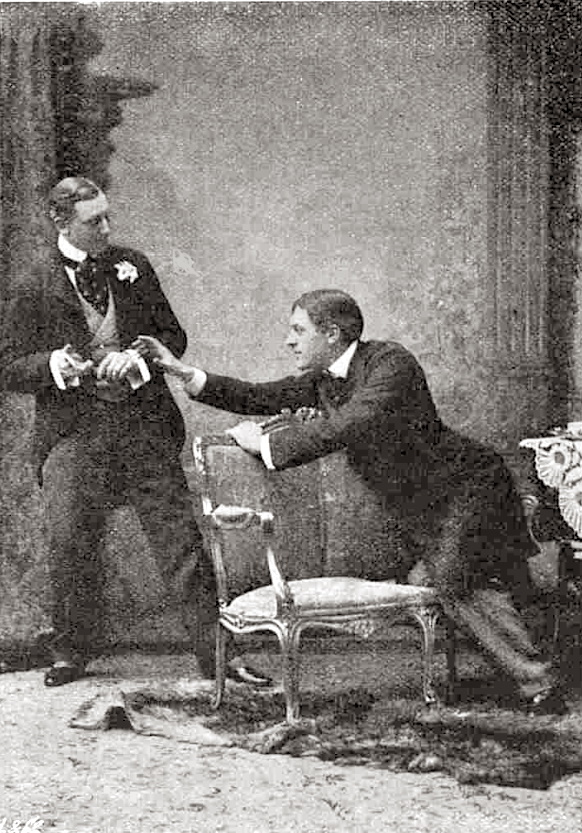
The Importance of Being Earnest: A Closer Look at Oscar Wilde’s Iconic Play
The Importance of Being Earnest, a comedy of manners, is a masterpiece of Oscar Wilde, one of the most celebrated and witty writers of the 19th century. It is a timeless classic that has captivated audiences for over a century and remains a staple in theatres worldwide. The play is renowned for its clever dialogue, witty repartee, and biting social commentary on Victorian society. This article will take a closer look at the history, synopsis, characters, quotes, and main themes of this iconic play.
History
The Importance of Being Earnest premiered in London in 1895, shortly before Wilde’s imprisonment for homosexuality, which led to his downfall. It was Wilde’s final play and arguably his most accomplished work. The play was an instant success and has been continuously produced ever since. It has been adapted into numerous films, stage productions, and even operas, demonstrating the enduring popularity and relevance of Wilde’s work.
Synopsis
The play revolves around two young men, Jack and Algernon, who both lead double lives under the pseudonym “Ernest.” They are both in love with women who insist on marrying a man named Ernest, leading to a series of hilarious misunderstandings and mistaken identities. The play is filled with witty one-liners, sarcastic humour, and absurd situations, making it a true masterpiece of comedy.
Characters and Quotes
The Importance of Being Earnest features a colourful cast of characters, each with a unique personality and quirks. The play’s most memorable characters include the charming and witty Algernon Moncrieff, the uptight and proper Lady Bracknell, the clever and determined Gwendolen Fairfax, and the lovable and endearing Cecily Cardew.
Some of the most famous quotes from the play include Algernon’s line, “The truth is rarely pure and never simple,” and Lady Bracknell’s retort, “To lose one parent, Mr. Worthing, may be regarded as a misfortune; to lose both looks like carelessness.”
Main Themes and Messages
The Importance of Being Earnest is a satire of Victorian society, particularly its emphasis on appearance and social status. The play exposes the hypocrisy and shallowness of the upper class, who are more concerned with maintaining their status than with genuine human connection. Through the characters’ absurd situations and witty dialogue, Wilde challenges societal norms and values, ultimately suggesting that individual authenticity and honesty are more valuable than societal expectations.
Another theme of the play is the importance of individual identity and self-discovery. The characters’ struggles with identity and the search for authenticity highlight the complexity and confusion of the human experience. Wilde suggests that societal expectations and norms can be limiting and that true happiness comes from being true to oneself.
The Importance of Being Earnest is a timeless masterpiece that has captivated audiences for over a century. Its witty dialogue, absurd situations, and biting social commentary make it a true classic. Wilde’s clever satire of Victorian society and exploration of individual identity and authenticity continue to resonate with audiences today. It is a play that reminds us to be true to ourselves and to question societal norms and expectations.






